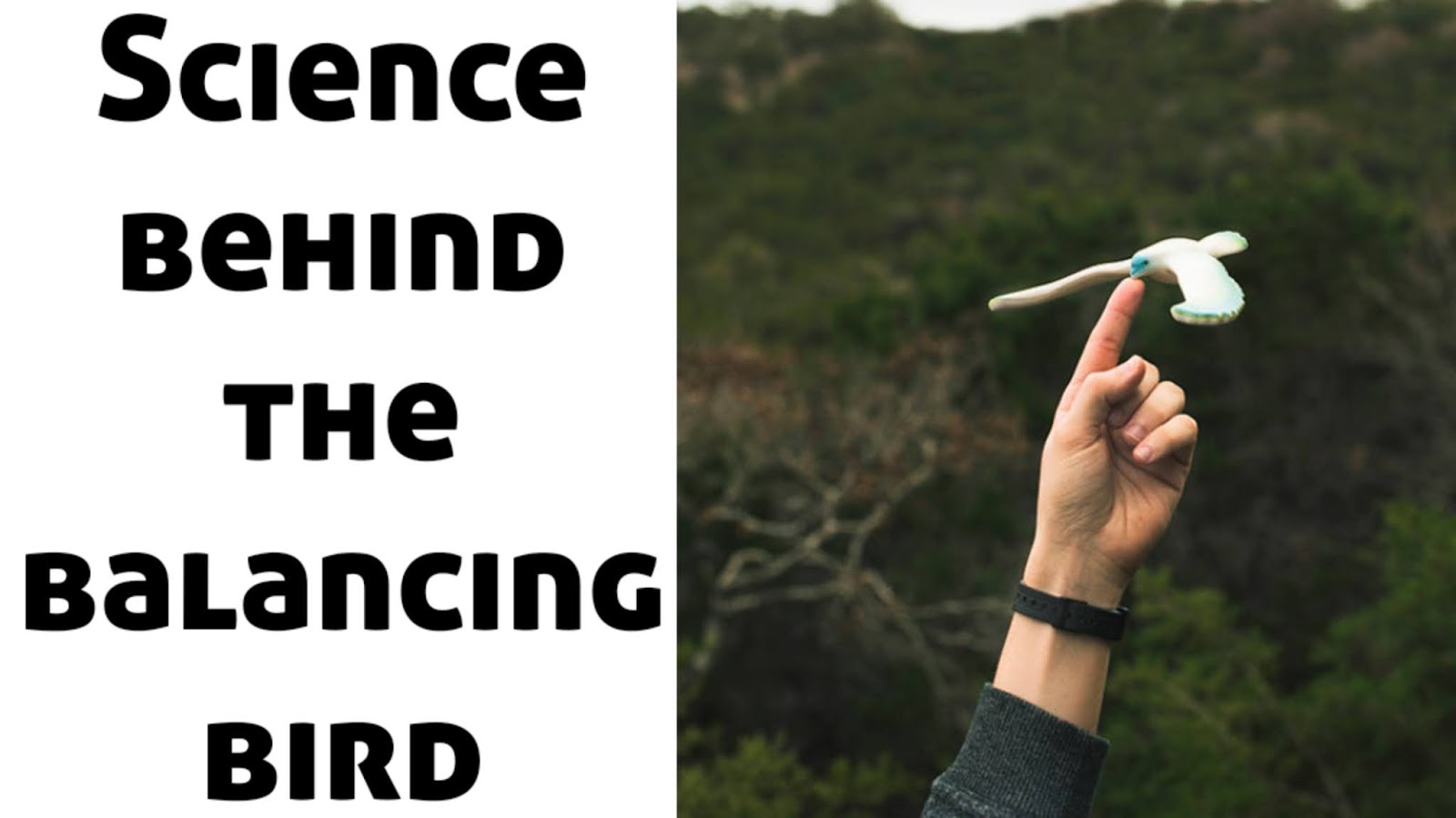Muscle building isn’t just for meat-eaters. A well-planned vegetarian diet can provide all the essential nutrients needed for strength, recovery, and muscle growth. With the right combination of plant-based proteins, healthy fats, and complex carbohydrates, you can fuel your body efficiently.
If you're looking to gain muscle while following a vegetarian diet, here are the 10 best vegetarian foods that will help you build strength, enhance recovery, and support overall fitness.
1. Lentils: A Protein-Packed Superfood
Lentils are one of the best vegetarian protein sources, offering 18g of protein per cooked cup. They are also high in fiber, iron, and complex carbohydrates, making them an excellent muscle-building food. The slow-digesting carbs in lentils provide sustained energy, perfect for fueling workouts and recovery.
👉 Tip: Add lentils to soups, salads, or curries for a protein boost.
2. Chickpeas: The Muscle-Building Legume
Also known as garbanzo beans, chickpeas contain about 15g of protein per cup. They are packed with fiber, slow-releasing carbohydrates, and essential minerals like iron and magnesium, which support muscle function and endurance.
👉 Tip: Roast chickpeas for a crunchy snack or blend them into hummus for a delicious, protein-rich dip.
3. Quinoa: The Complete Plant-Based Protein
Unlike most plant foods, quinoa is a complete protein, meaning it contains all nine essential amino acids. With 8g of protein per cooked cup, quinoa is an excellent choice for muscle recovery and repair. It is also rich in magnesium and iron, which help improve muscle contractions and oxygen transport.
👉 Tip: Use quinoa as a base for salads, stir-fries, or breakfast bowls.
4. Tofu: A Versatile Soy Protein
Tofu, made from soybeans, provides 10g of protein per 100g. It is also rich in calcium, which strengthens bones and aids in muscle contraction. The best part? Tofu absorbs flavors well, making it a versatile ingredient for a variety of dishes.
👉 Tip: Grill, stir-fry, or scramble tofu to add a delicious protein source to your meals.
5. Tempeh: A Fermented Protein Powerhouse
Tempeh is a nutrient-dense, fermented soy product with around 19g of protein per 100g. Fermentation enhances its digestibility, making it easier on the stomach. It is also rich in probiotics, which support gut health—an often-overlooked factor in muscle-building nutrition.
👉 Tip: Marinate tempeh and grill or pan-fry it for a satisfying meal.
6. Greek Yogurt: A Muscle Recovery Essential
Greek yogurt is a powerhouse of casein protein, a slow-digesting protein that helps with overnight muscle recovery. A single cup contains about 20g of protein, along with probiotics that aid digestion.
👉 Tip: Pair Greek yogurt with fruits, nuts, or honey for a delicious post-workout snack.
7. Nuts and Seeds: Healthy Fats with Protein
Nuts and seeds, such as almonds, chia seeds, flaxseeds, and pumpkin seeds, are excellent sources of plant-based protein and healthy fats.
- Almonds contain about 6g of protein per ounce and provide vitamin E, which helps reduce muscle damage.
- Chia seeds and flaxseeds offer a mix of protein, fiber, and omega-3 fatty acids that reduce inflammation and promote muscle recovery.
👉 Tip: Sprinkle seeds on smoothies, oatmeal, or yogurt for an added protein boost.
8. Cottage Cheese (Paneer): A High-Protein Dairy Option
Cottage cheese, or paneer, is rich in casein protein, which supports sustained muscle growth. A cup of cottage cheese contains around 28g of protein, making it one of the best vegetarian foods for muscle building.
👉 Tip: Eat cottage cheese as a snack or add it to curries and salads for extra protein.
9. Spirulina: A Superfood for Muscle Growth
Spirulina, a blue-green algae, is an exceptionally protein-rich superfood, with around 60-70% protein by weight. Just one tablespoon provides 4g of protein, along with iron, B vitamins, and antioxidants that aid muscle repair.
👉 Tip: Blend spirulina into smoothies or mix it with water for a nutritious boost.
10. Oats: The Perfect Pre-Workout Carb & Protein Source
Oats provide a balance of protein (5g per ½ cup) and complex carbohydrates, making them an excellent pre- or post-workout meal. The fiber in oats ensures a steady release of energy, helping you power through workouts and recover efficiently.
👉 Tip: Prepare overnight oats with nuts, seeds, and Greek yogurt for a protein-packed breakfast.
Final Thoughts: Can You Build Muscle on a Vegetarian Diet?
Absolutely! A well-balanced vegetarian diet can provide all the essential nutrients for muscle building. By incorporating these high-protein, nutrient-dense foods, you can support muscle growth, improve recovery, and optimize overall performance.
💡 Key Takeaways:
✔ Prioritize plant-based proteins like lentils, quinoa, and soy products.
✔ Include nuts, seeds, and dairy for a mix of protein and healthy fats.
✔ Balance your diet with complex carbs for sustained energy.
Whether you're an athlete, bodybuilder, or fitness enthusiast, these vegetarian muscle-building foods will help you achieve your strength goals naturally.
Disclaimer: This blog post is for informational purposes only and is not intended as medical or nutritional advice. Individual dietary needs and health conditions vary, so consult a registered dietitian, nutritionist, or healthcare professional before making any significant changes to your diet. The protein values mentioned are approximate and may vary based on preparation methods and food sources. Always ensure a balanced diet that meets your specific fitness and health goals.






0 Comments